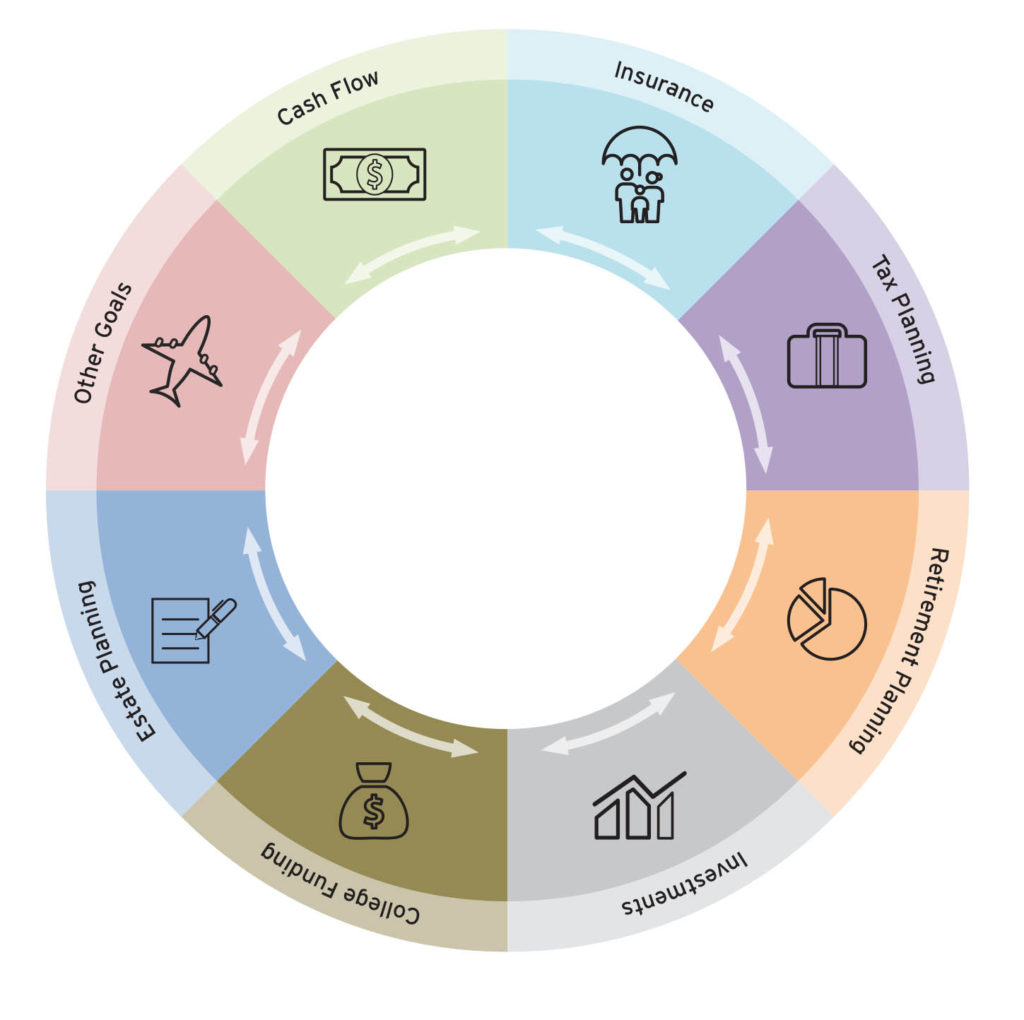Many of the things we’d like out of life require the accumulation of wealth over time. Our first home, a new car, college for the kids, money to use should we lose our job and planning for retirement are common examples. There are two high-level approaches to collecting enough wealth to meet such needs. These are saving and investing. In this article, we’ll take a closer look at when to use which approach.
Saving
Saving involves cash or very liquid assets that will be needed in the relatively short term (within 3-5 years) or at unknown times (to cover emergencies). Saving involves putting money into a savings/money market account, CD or other very liquid and very safe investment. We save for things such as the down payment on our first home, a new car, money to tide you over if you become unemployed and appliance repairs or replacement.
Investing
Investing involves ownership of an asset that we hope will increase in value over time (5 years and beyond). Investing involves putting money into stocks, mutual funds, bonds and similar assets. Investments offer the potential for higher returns and also the risk of substantial loss. We use investments for things such as college and retirement.
Returns
Currently, online savings accounts have interest rates in the 0.5% range. By way of comparison, the market went up about 16% in 2020. In 2019, it was up about 30%. So why not always invest: Because in 2008, the market was down 37%. So, while it’s true that the market averages about 9% gain per year over time, it will also go up and down over time. That’s why investments should always be for a longer period of time.
Getting Started
Generally, savings come before investments. This is a generalization and doesn’t apply 100%, but it’s a good guiding concept. While our goals may vary, a typical person might organize their saving and investment program as follows. First, establish rainy-day and emergency savings accounts to be prepared for the unexpected. Second, pay off high-interest-rate debt. (This will free up money over time that you can save or invest to achieve your other goals.) Third, invest in your employer’s 401(k) fund if they contribute to the plan. (This return is hard to beat and you it puts time on your side as you accumulate the large sums that retirement requires.) After that, strategies vary based on your personal goals. Many people want to save for their first home. Families typically need to invest to accumulate the substantial sums needed for college.
If you’d like to sit down and talk about your saving and investment goals, or any other financial matter, we can discuss this in a no-charge, no-obligation initial meeting. Please visit our website or give us a call at 970.419.8212 to set up an in-person or virtual meeting.
This article is for informational purposes only. This website does not provide tax or investment advice, nor is it an offer or solicitation of any kind to buy or sell any investment products. Please consult your tax or investment advisor for specific advice.



